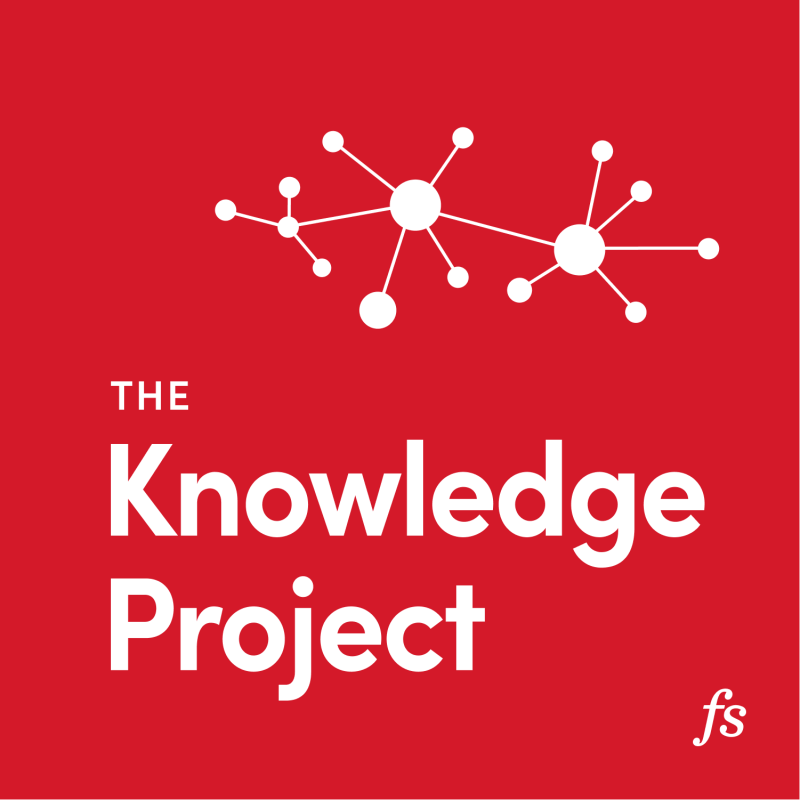Historian John Lewis Gaddis offers a masterclass in the lessons of history and why we should study it, the patterns of success and failure, grand strategy and how to use it, the value of a liberal education, and so much more.
Gaddis is a professor of Military and Naval History at Yale University.
Audio for Members Only
Only supporting members have access to the show’s audio in their private feed.

Here are a few highlights from the conversation:
We are limited in the data we can accumulate because we can only accumulate things that we’ve witnessed. We can only accumulate things that we’ve tested in the laboratory. We can only try to remember what we’ve seen directly. Unless by studying history we can extend our range of vision backwards, and that enormously increases the amount of data that’s available to us.
If your capabilities cannot live up to your aspirations, then it means you have to make some choices. You have to decide which aspirations you can fulfill now, which you have to fulfill later, which may be, you will never be able to fulfill. That requires tough decisions, that requires painful choices.
Everybody should read some Shakespeare. Not that Shakespeare considered himself to be a strategist, but Shakespeare was so profound, and perceptive, and shrewd, a delineator of human character that everybody should know those characters. They will haunt you. And any number of very distinguished people have been haunted by Shakespearian ghosts and I think that’s no bad thing. There are a lot of ghosts in Shakespeare. There ought to be ghosts in modern people’s consciousness as well, as inspirations, as sources of admonition, as just about everything in between.
If you have a wow, wherever it is, across time and space and culture, if you have something that causes you just to say, wow, and there’s a moment of silence before you start cheering, then I think you have something that’s extra important.

